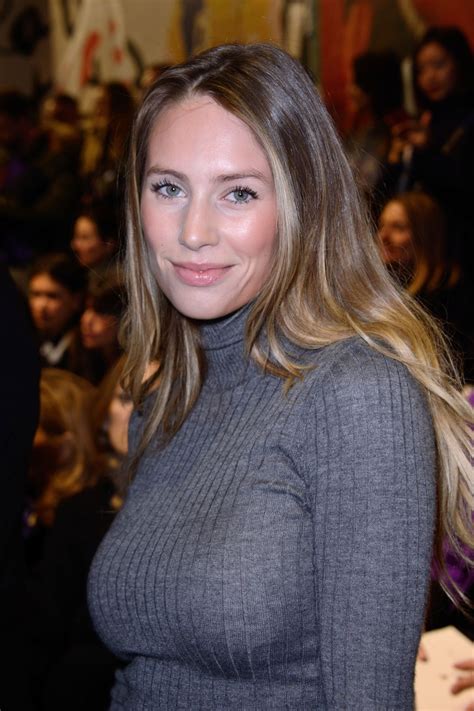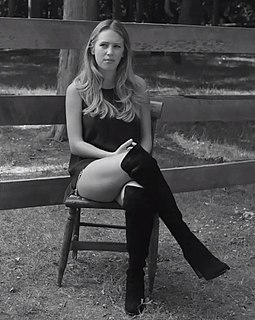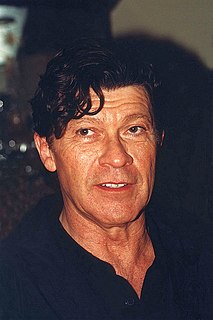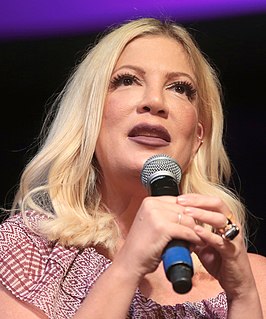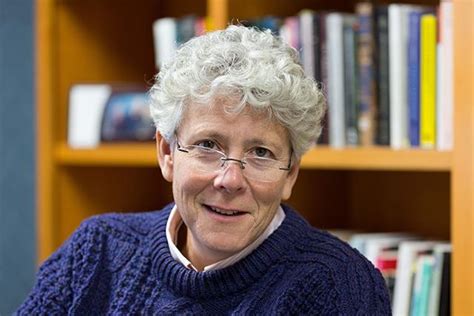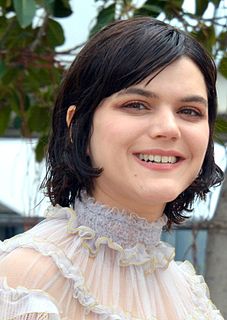A Quote by Lynn Nottage
For me, playwriting is sharing my experiences, telling my stories.
Quote Topics
Related Quotes
I remember from my earliest years people speaking, you know, in a certain kind of rhythm and telling stories and sharing experiences in a way that was different in Indian country than it was other places. And I was really struck by this and obviously very affected by it, because it's always come out in my songs.
As an activist, you do find yourself directed more toward public action. But I've always tried to use stories from my own life in my writing for instance. It has always been clear to me that the stories of each other's lives are our best textbooks. Every social justice movement that I know of has come out of people sitting in small groups, telling their life stories, and discovering that other people have shared similar experiences. So, if we've shared many experiences, then it probably has something to do with power or politics, and if we unify and act together, then we can make a change.
I hold back parts of my life and experiences... I don't want to share anything just for the sake of sharing and exposing myself, but if something feels right and I feel inspired by the situations or moment I'll definitely share it. There are so many stories and experiences I have not shared, and I don't feel compelled to.
My real purpose in telling middle-school students stories was to practice telling stories. And I practiced on the greatest model of storytelling we've got, which is "The Iliad" and "The Odyssey." I told those stories many, many times. And the way I would justify it to the head teacher if he came in or to any parents who complained was, look, I'm telling these great stories because they're part of our cultural heritage. I did believe that.

